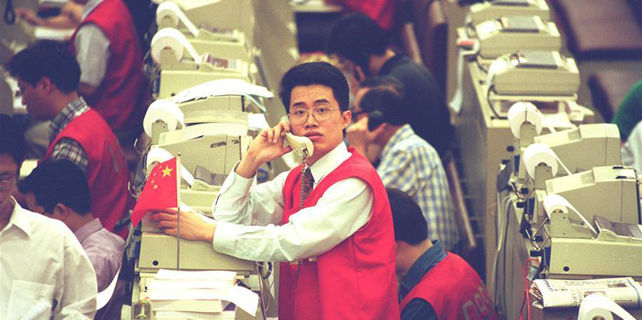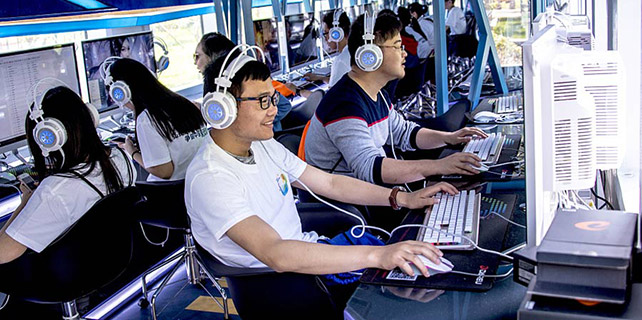Cui blasts US arms sales, bank sanctions
Chinese Ambassador to the United States Cui Tiankai said that US arms sales to Taiwan and sanctions against Chinese companies and individuals will undermine confidence between the two countries.
The US State Department has approved $1.4 billion worth of arms sales to Taiwan. It was the first weapons sale to Taiwan since US President Donald Trump took office.
US State Department spokeswoman Heather Nauert said the Trump administration had notified Congress of its intent to approve seven proposed deals now valued at around $1.42 billion.
CBS News quoted anonymous US government officials as saying that the arms sales this time comprise seven items, including technical support for early warning radar, anti-radiation missiles, torpedoes and components for SM-2 missiles.
Meanwhile, the National Defense Authorization Act for the fiscal year 2018 passed by the US Senate Armed Services Committee includes provisions for the re-establishment of regular ports of call by the US Navy at Kaohsiung and other suitable ports in Taiwan.
On Thursday, the US Treasury accused the Bank of Dandong, a local bank in China, for illicit dealings with the Democratic People's Republic of Korea.
"All these actions - sanctions against Chinese companies, especially arms sales to Taiwan, will certainly undermine the mutual confidence between the two sides and runs counter to the spirit of the Mar-a-Lago summit," Cui said, referring to the first summit between Trump and President Xi Jinping in early April in Florida.
Cui said China is always firmly opposed to US arms sales to Taiwan. "We have lodged a strong complaint to the US side, because it violates the One China principle and the three joint communiques between the two countries," he told reporters Thursday evening on the sidelines of a reception at the Chinese embassy marking the 20th anniversary of Hong Kong's return to China.
On the Korean Peninsula, Cui said China has been implementing UN Security Council resolutions fully and effectively. He said that if an entity or individual violates UN sanctions, China will conduct its own investigation and pursue the case in accordance with Chinese law.
"But we're against such so-called long-arm jurisdiction by the US side," he said.
Cui said China reserves the right for further response to US actions.
He hoped the US side will take actions to correct its approach in order to create favorable conditions for high-level exchange and various cooperation between the two countries in the future.
Xi and Trump are expected to meet again next week on the sidelines of the G20 Summit in Hamburg, Germany.
chenweihua@chinadailyusa.com
















